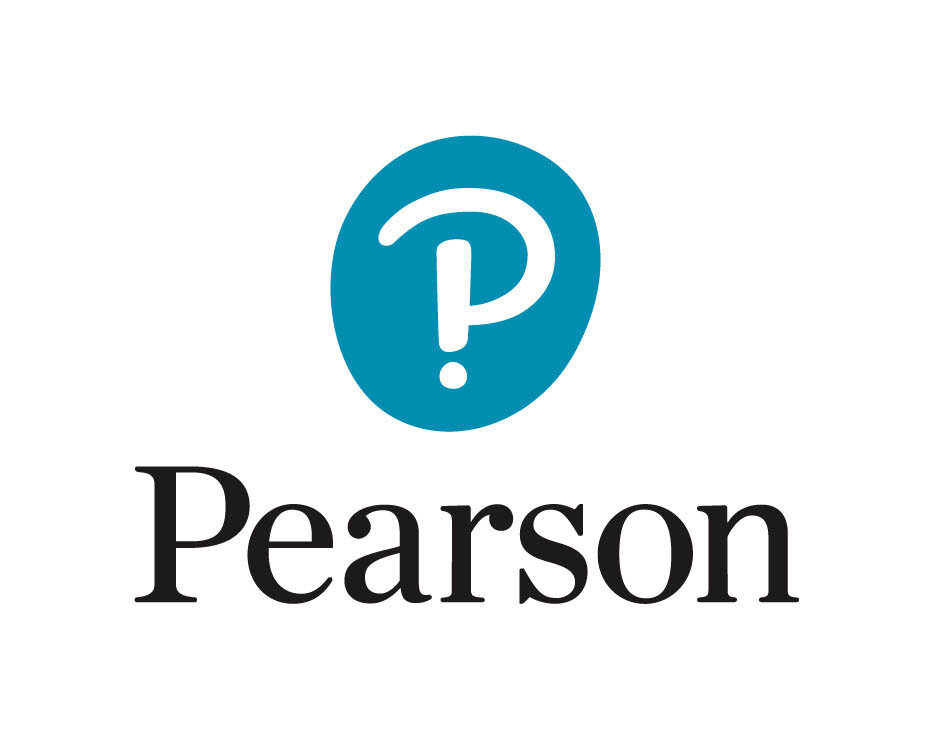
HNC Sport and Exercise Science
Subject to Validation
Higher nationals are key applied qualifications respected across the UK and in demand from employers.
The overriding aim of the programme is to develop work related skills and knowledge of individual order to operate effectively, economically, and currently within the sport and active leisure industry in a number of roles. The course aims to further up-skill learners to be able to be innovative and drive quality and change for personal aspirations and employer organisations with revised and additional approaches to work experience placements.
In terms of coaching/education and instruction skills for performance versus skills for enabling and supporting participation, the course team have experience in both areas, but the ethos of the course will lean towards participation and inclusion. This program fills a niche within a market where institutions are flooded by provisions concentrating upon sports science disciplines aimed at delivering theory without a concentration upon the skills and understanding appropriate to the level jobs available within the market. This course has been planned to reflect the ‘dynamic’ nature of sport and physical activity by highlighting areas of change required to remain up to speed with this fast-paced industry.
Entry Requirements HNC
UCAS Tariff: 48
A Level: DDE
Pearson L3 National Ext.Diploma: PPP
GCSE English and maths at grade 4/C or above or demonstrated competency at L2 or above
Entry Requirements HND
Completion of HNC in Sport and Exercise Science (Coaching Science) 120 credits.
Typical Module Diet
-
1.Nutrition
This unit aims to equip the student with the knowledge, skills, and competencies to understand the nutritional composition of food and the effects of nutritional choices on the health of a person. They will focus on diet prescription for specific populations and gain an understanding of labelling systems and the pitfalls that can be associated with them.
2.Fundamentals of Sports Psychology
The aims of this unit are to illustrate how psychological concepts underpin involvement in sport and exercise and to demonstrate their impact on human behaviour. Students will explore the innate characteristics which are seen as the basis for sport and exercise behaviour. Students will also develop an appreciation of how the social environment within which sport and exercise takes place influences the outcome of their participation.
3.Anatomy and Physiology
This unit is designed for students wanting to gain knowledge of the anatomy of the musculoskeletal system and understanding how movement is produced. Students interested in careers such as personal training, physical education teaching, occupational therapy, coaching, exercise prescription and performance analysis would find this a key unit in informing their practice.
4. Professional Skills
The aim of this unit is to develop students’ knowledge and understanding of the skills and techniques necessary to carry out Sport and Exercise Science-related research. Research in Sport and Exercise Science has global significance and is essential in influencing the development of high-quality participation and performance and, fundamentally, promoting the health and wellbeing of individuals all over the world.
5. Coaching Practice and Skill Development
The aim of this unit is to provide students with the knowledge and understanding of coaching practice and the skill development associated with athlete performance. Students will engage in researching the impact of different coaching practices, working in various environments, utilising resources, developing skills and planning effective sessions. They will gain an understanding of the importance of developing sessions dependent on the group’s demographics.
6. Training, Fitness, Testing
Training, fitness and testing can be applied within all areas of sport and exercise science because it examines the different fitness requirements of different sports, the different training methods that can develop these areas and the adaptations that occur within a team or individual as a result of these adopted methods.
7. Lifestyle Coaching
This unit enables students to develop knowledge and understanding of the theories, principles and skills required for successful lifestyle coaching. Students will examine theories of human intelligence and investigate individual behaviours and learning styles. They will enhance their communication skills through observation and powerful questioning. Students will broaden their coaching skills by learning models for change that will facilitate positive action. This unit will allow the student to develop insight into the different approaches to lifestyle coaching and to key systems and strategies used in coaching.
8. Community Coaching
This unit challenges students to understand the different cultures and contexts in which sports coaches work, and to understand the role of policy and national governing body initiatives in shaping the pedagogic practice of coaches in the community. Students successfully completing this unit will be able to describe the political landscape of their local coaching environments and understand the challenges and mechanisms for adapting and redesigning sports activities and games to achieve wider outcomes for participants, governing bodies and sporting organisations.
-
1.Research Project
The unit provides an opportunity to engage in sustained research in a specific field of study related to your career aspirations and interests.
2. Advanced Coaching
The unit challenges you to analyse the environment of performance coaching from a pedagogic and multi-disciplinary support service perspective, utilising theory and technology to improve performance in your chosen sports.
3. Performance Analysis
You will gain an understanding of performance analysis within sport and how it is used to aid development. You will engage in research to analyse performance, to create a performance profile, practically analyse performance, and carry out a post-event analysis to provide feedback.
4. Talent Identification and Development
You will gain knowledge and understanding of talent identification and development in sport, with the capability to review the effectiveness of talent identification and development programmes, and identify factors that impact on success.
5. Sport and Exercise for Specific Groups
On completion of this unit, you will be able to demonstrate knowledge of the different specific client groups and the barriers to their involvement in sport and exercise.
6. Physical Education and School Sport
This unit develops your subject, curriculum and pedagogical content knowledge in the context of Physical Education and school sport. It introduces you to the safe and effective teaching of Physical Education and school sport in both the school and wider community environment.
7. Strength and Conditioning for Coaching
This unit aims to develop your underpinning knowledge of the foundations of strength and conditioning, the application of different types of specific methods of training and the underlying theories of sports programming.
-
A variety of assessment methods are used which include written reports, written assignments, literature reviews, group presentations, and the compilation of a learning journal.
Period of Study
One year full-time for each Course
The University Studies at WSC Admissions Policy contains information on our English Language requirements.
Terms and Conditions can be found here.
Fees
£6,360 per year full-time
Click for information on securing student finance
Details of any incidental costs related on this course can be found on the course factsheet.
Study will be delivered at the University Studies and Professional Development Centre at West Suffolk College.



